Chemists reinvent recycling?
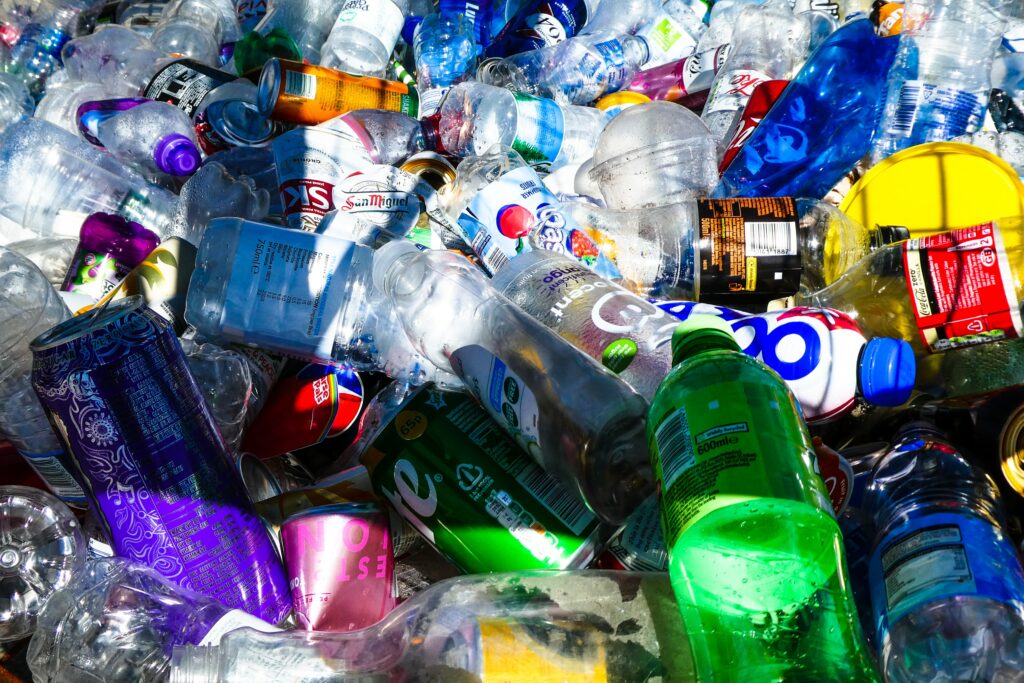
It feels good to recycle—there’s a certain sense of accomplishment that comes from diligently separating soda bottles, plastic bags, and yogurt cups from the rest of your trash. The more plastic you put in that blue bin, the more you’re avoiding landfills and oceans, right? Well we’re actually wrong, no matter how meticulous you are about cleaning and separating your plastics, most end up in the landfill anyway.
With plastic collecting everywhere, from the top of Mount Everest to the bottom of the Mariana Trench, there is an urgent need to reduce the amount of plastic thrown away. Some people advocate replacing plastics with biodegradable materials, but those replacements are generally not as strong or as cheap as plastics, since plastic isn’t realistically going away any time soon, chemists who understand the complications of all this hassle plastic are working to make it easier to recycle and turn it into a higher quality material that is useful for more things.

There will not be a single technology that is the answer, some projects are about to break into the industry; others remain just promising laboratory experiments; but they are all focused on designing a future where any plastic that ends up in the recycling bin can have a second and third life in a new product.
To address that problem, they devised a strategy for dealing with complex mixes of plastics. The process uses a series of liquid solvents to dissolve the individual plastic components of a product, the trick is choosing the correct solvents to dissolve only one type of plastic at a time. There may also be chemical shortcuts that allow multi-layer films and other plastic blends to be recycled as-is. Additives called compatibilizers help different molten plastics mix together so unsorted materials can be treated as one; but there is no universal compatibilizer that allows mixing all types of plastic. And existing compatibilizers aren’t used much because they’re not very powerful, and adding a lot of compatibilizer to a plastic mix is expensive.
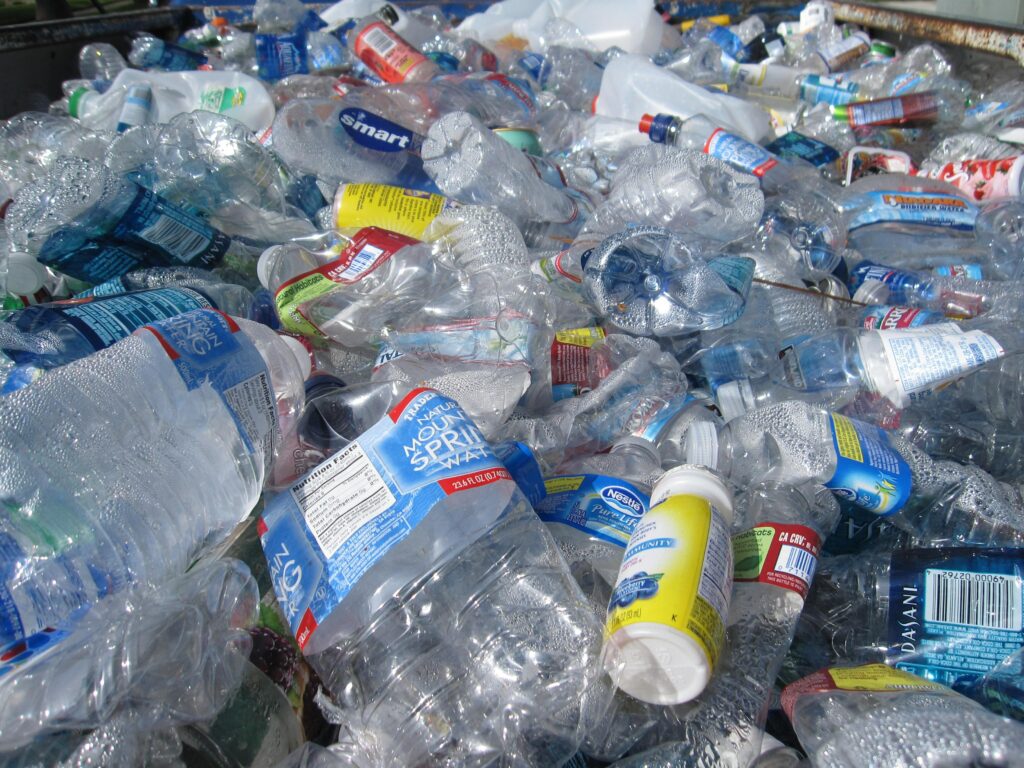
Recycling breaks some of the chemical bonds in plastic molecules, which affects the strength and consistency of the material, melting and reshaping plastic is like reheating pizza in the microwave; You basically get what you put in, but not as good. That limits the number of times plastic can be recycled before it has to be sent to a landfill.
The solution to both problems could lie in a new type of recycling process, called chemical recycling, which promises to make pure new plastic an infinite number of times. This consists of disarming plastics at the molecular level. The molecules that make up plastics are called polymers, which are made up of smaller monomers. Using heat and chemicals, it is possible to disassemble polymers into monomers, separate these building blocks from dyes and other contaminants, and put the monomers back together again in like-new plastic. Do you think this can help solve the growing problem of recycling?
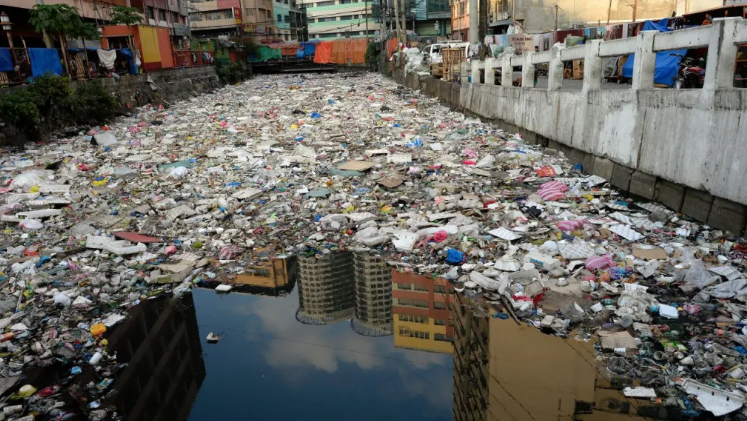
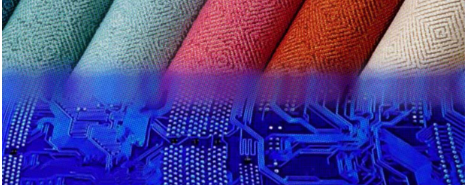
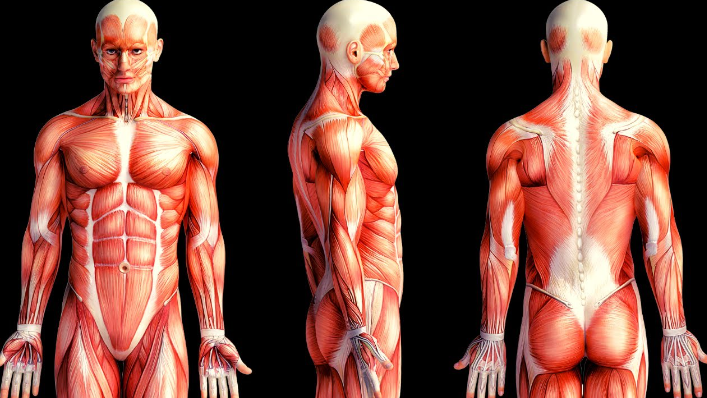
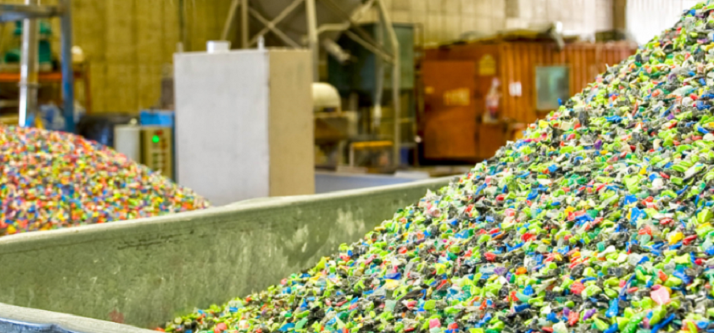
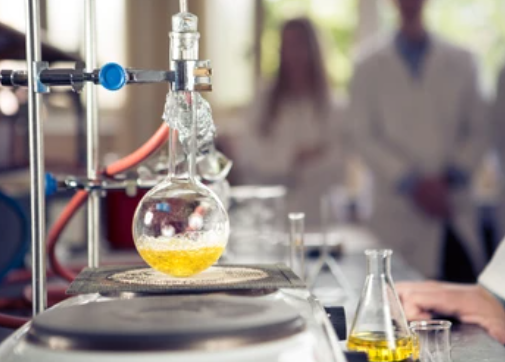
Responses